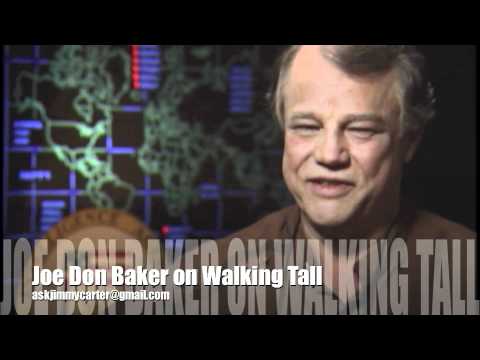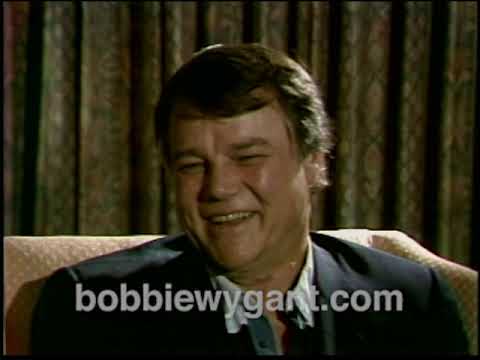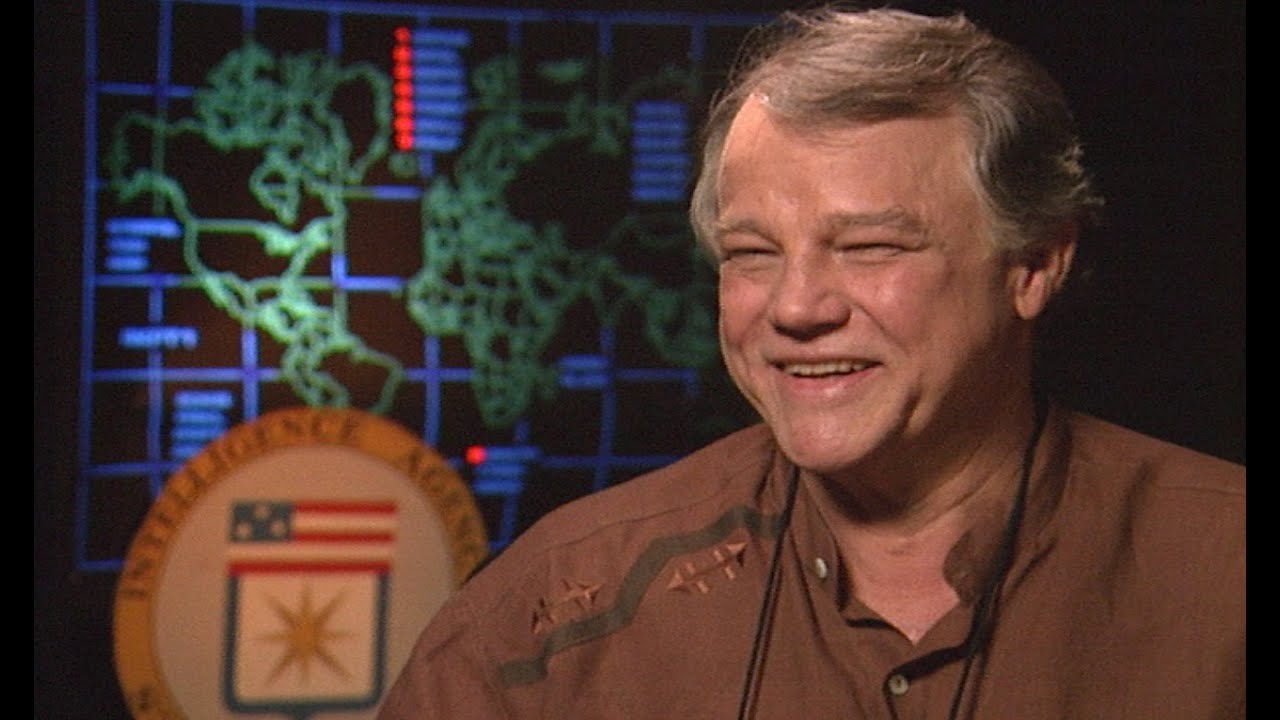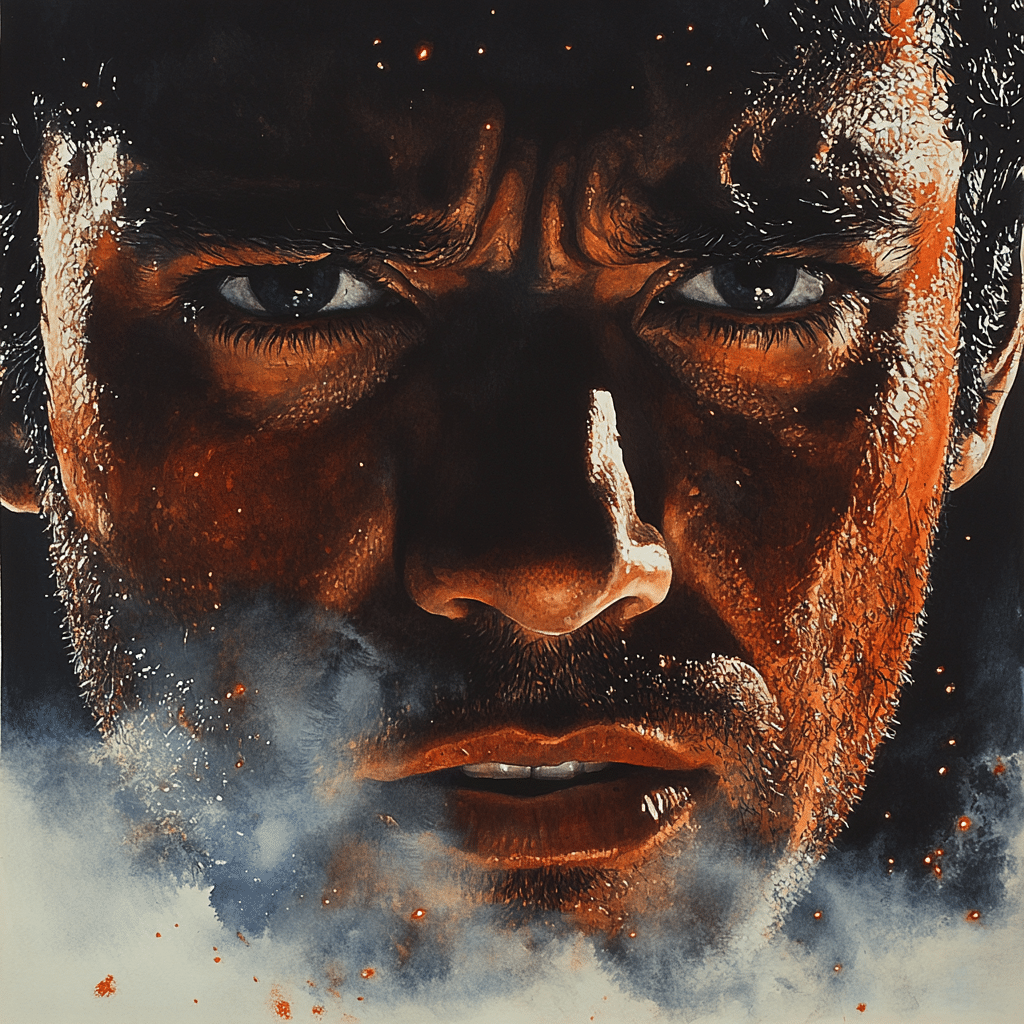
Joe Don Baker’s Remarkable Journey In Film And Friendship
Joe Don Baker’s journey through Hollywood is a testament to resilience, reinvention, and deep-rooted friendships that have shaped his dynamic career. This article dives into pivotal moments that not only define Joe Don Baker’s filmography but also highlight the friendships that enriched his personal and professional journey.
Early Beginnings: Joe Don Baker in Theatre and Television
Joe Don Baker’s path to stardom didn’t kick off with a big-screen debut. Instead, it began on stage and in the living rooms of America through popular television shows in the 1960s. His breakout role came with a memorable appearance on “The Fugitive,” which sparked interest in his talent and set the stage for his forthcoming film endeavors. During these formative years, Baker built profound relationships with fellow actors and directors, many of whom would help guide his trajectory in the film industry.
While striving for recognition, Baker faced numerous challenges, including the competitive nature of the entertainment business. Yet, he persevered, fueled by the support of his friends and mentors who recognized his potential. Each small part helped him hone his craft, drawing him closer to the big screen. In hindsight, these early experiences taught him the importance of collaboration and building connections, values that would carry throughout his career.
Baker’s transition from television to film became a focal point of his journey. In the late ’60s, his talent was enough to earn him a wide berth in Hollywood, leading to stronger roles that showcased his ability to intuitively embody different characters. This strong foundation paved the way for Baker’s eventual rise to fame in the 1970s—a decade that would solidify his status in the industry.
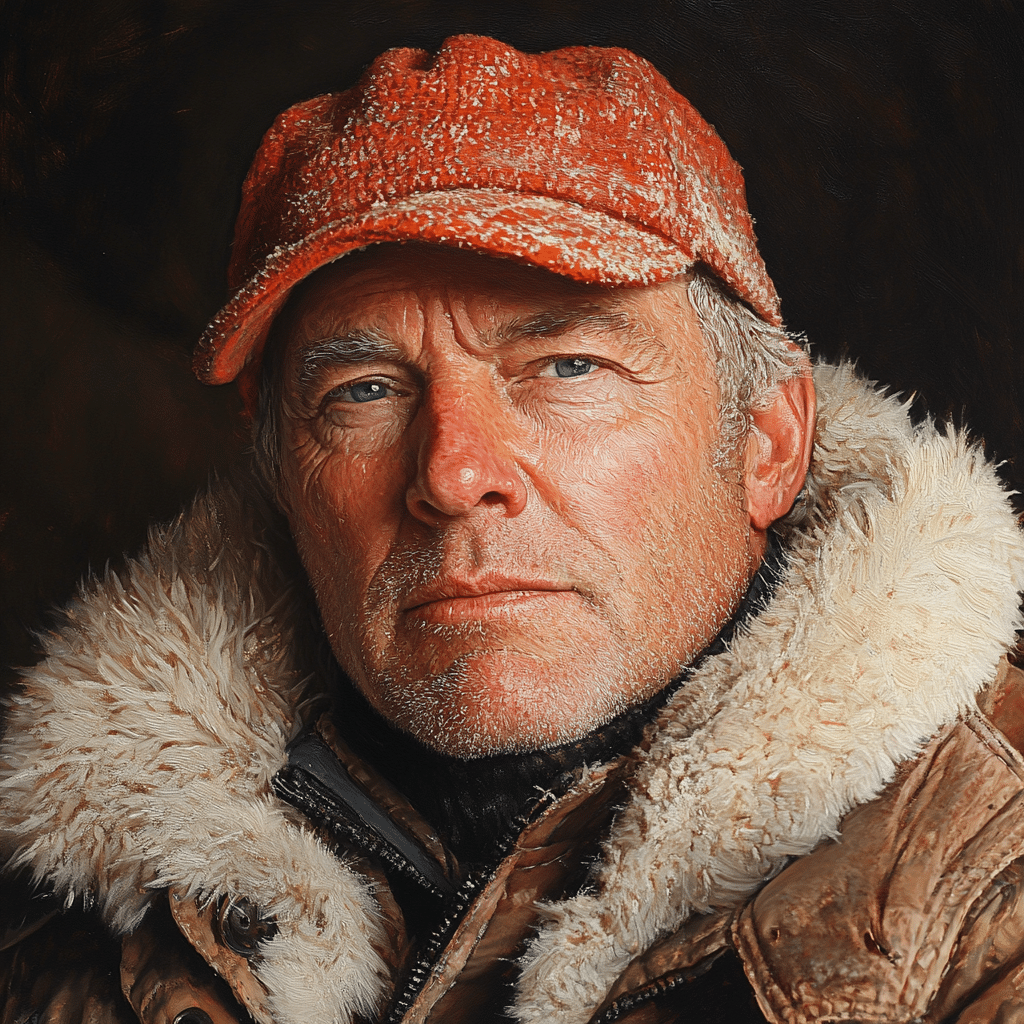
The 1970s Breakthrough: ‘Walking Tall’ and Iconic Partnerships
“Walking Tall” (1973) stands as one of Joe Don Baker’s most iconic roles, where he portrayed Buford Pusser, a real-life sheriff who fought against crime and corruption in his hometown. This film not only showcased his rugged charm but also introduced him to a new generation of actors and filmmakers. Baker’s commitment to his craft resonated deeply, establishing him as a household name and setting the stage for possible future ventures.
The collaboration with director Phil Karlson, who believed in Baker’s ability to carry a film, proved instrumental in shaping his career. Their friendship blossomed through various projects, ensuring that they would both thrive creatively. Karlson’s trust in Baker allowed them to tackle a range of subjects, pushing the envelope of what was possible in the action genre of the time. Their work together not only solidified Baker’s place in film history but also showcased the significance of strong partnerships within Hollywood.
Interestingly, Baker had become good friends with Pusser and his daughter during the filming of the original Walking Tall. Out of respect for his family, he decided against reprising the role of Buford in later sequels, allowing another actor, Bo Svenson, to take over. This decision reflects Baker’s strong moral compass and the bonds he built with the characters he portrayed.
A Versatile Actor: The Range of Joe Don Baker’s Roles
Few actors possess the versatility of Joe Don Baker, who seamlessly transitions between genres—action, drama, and even comedy. His performance in “The Living Daylights” (1987) exemplified this adaptability, as he played a key role in the James Bond franchise. Collaborating with established stars like Roger Moore not only proved his talent but also opened further doors in the industry. Moore admired Baker’s work ethic and brought him into a circle of filmmakers who pushed the boundaries of traditional cinema.
From a mafia hitman in “Charley Varrick” (1973) to a morally dubious detective in “Mitchell” (1975), Baker has continually showcased his ability to embody a diverse range of characters. In “The Natural” (1984), he stepped into the shoes of a legendary baseball player, captivating audiences with his performance. Even while playing a police chief in the Chevy Chase comedy Fletch (1985), he managed to navigate his role with a blend of charm and humor. Such performances highlight how Joe Don Baker has evolved his craft over the decades, threading in emotions that resonate with audiences.
His uncanny ability to play complex characters led to fostering friendships with contemporaries and rising stars alike. Baker’s relationships with his co-stars often blossomed into collaborations and mentorships, enabling younger actors to navigate the deep waters of Hollywood. This camaraderie strengthened both his roles and the film projects he was a part of, providing a solid foundation for a creative community.
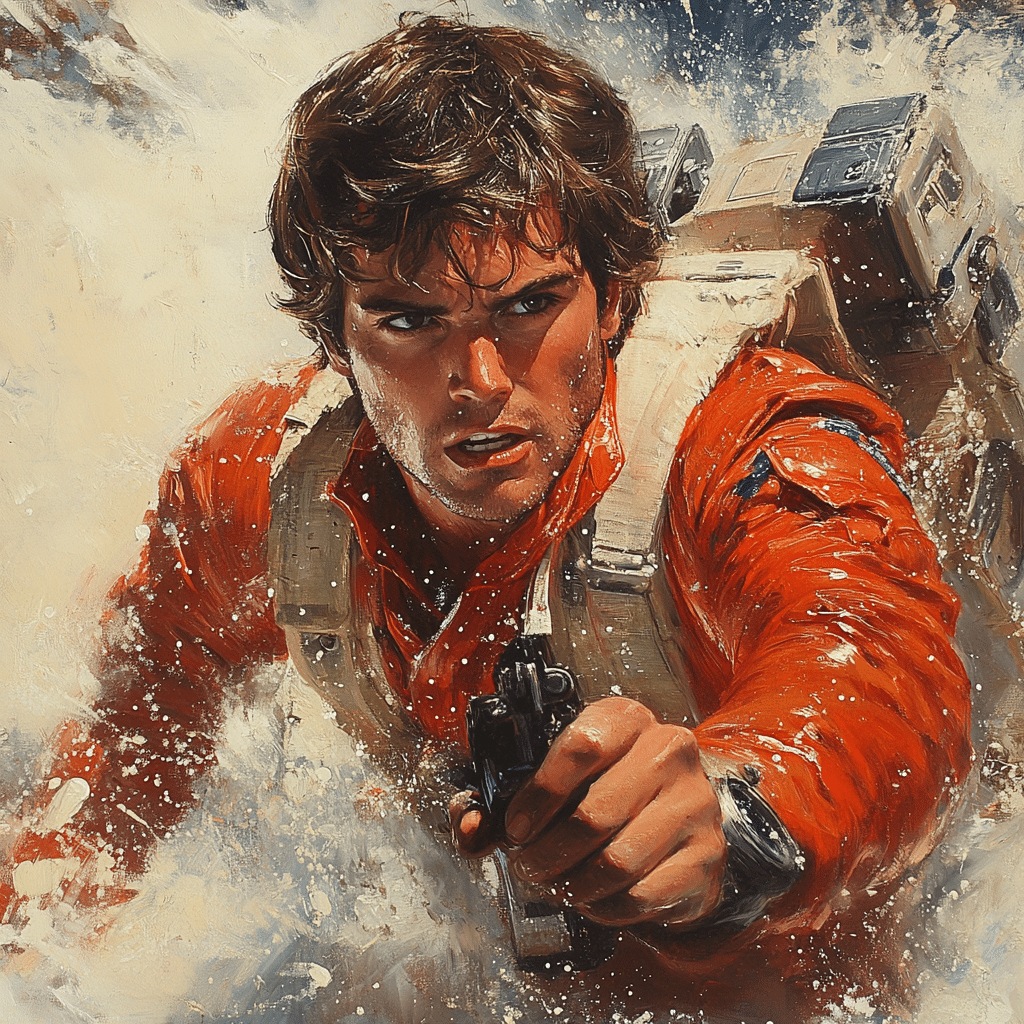
Enduring Friendships: Joe Don Baker and the Family of Cinema
Friendship in Hollywood can often feel transactional, but Joe Don Baker stands apart. Throughout his career, he has cultivated genuine connections that transcend the screen. His bond with fellow actors like Burt Reynolds and Kris Kristofferson reflects mutual respect and informal mentorship. Baker’s willingness to help younger actors navigate the chaos of the entertainment industry demonstrates that his friendships strengthen his creative output, fostering an environment of collaboration.
For example, Baker’s work with Reynolds in films like “The End” (1978) created not just professional partnerships but lasting personal connections. They often shared laughs on set, and their mentorship shaped the careers of many budding actors who got to witness their camaraderie. Similarly, relationships with Kristofferson, whom he worked with on “Alice Doesn’t Live Here Anymore” (1974), showcase how Baker willingly shares his insights, helping newcomers in navigating the industry standards.
These friendships cultivate a supportive atmosphere, showing that Baker’s friendships contribute not just to his career but nurture the fabric of Hollywood as a whole. These strong personal connections allow him to thrive creatively while supporting his colleagues, making them beloved figures in their own right.
Embracing Change: Joe Don Baker’s Transition to Independent Cinema
As the film industry evolved, so did Joe Don Baker’s career strategies. His pivot toward independent films in the 1990s marked a crucial turning point, embracing roles that allowed him deeper artistic control. A standout performance in “The Man from Earth” (2007) highlighted his adaptability, where he immersed himself in a story that challenged conventional narratives. Baker’s collaboration with independent filmmakers nurtured new friendships, allowing them to explore bold storytelling and character development without the constraints of traditional studio limitations.
This shift opened up new avenues for innovation. Engaging with the indie circuit allowed Baker to connect with a new generation of filmmakers who shared his vision for authentic storytelling. By aligning with independent projects, he contributed to a surge of creativity that marked the early 21st century. Here, the camaraderie with new collaborators enriched his tax of characters, ensuring Baker remained relevant in an industry often accused of being stuck in its ways.
With each independent project, Baker demonstrated his commitment to exploring unconventional narratives, understanding that real artistic expression can thrive outside Hollywood’s mainstream. His diverse roles invigorated audiences, reinforcing the importance of embracing change as both an actor and a person.
A Legacy in Film: Joe Don Baker’s Impact on New Generations
Joe Don Baker’s influence extends beyond his film performances; he actively mentors many up-and-coming filmmakers and actors, forging meaningful relationships that bear fruit in numerous projects. His legacy is particularly apparent in today’s independent film landscape, where characters inspired by his straightforward yet complex portrayals continue to emerge. Baker’s rapport with contemporary filmmakers highlights how inter-generational friendships can push storytelling boundaries and enable innovative filmmaking.
As he remains a guiding figure, Baker’s contributions echo throughout projects—both those he’s part of and those inspired by his legacy. His willingness to share knowledge creates an environment where newer voices in cinema feel supported. These friendships are vital, as they enable the melding of traditional techniques and fresh perspectives, which ultimately advance the film industry.
Baker’s essence is palpable in modern cinema, as many emerging talents strive to emulate the qualities he represents: resilience, authenticity, and the ability to collaborate. As the industry continues to evolve, Baker’s ethos remains a beacon of hope for aspiring filmmakers seeking genuine connections.
The Road Ahead: Joe Don Baker’s Future in the Industry
As of 2024, Joe Don Baker remains an active figure in the film industry, participating in film festivals and working on exciting new projects. The enduring spirit he brings to each endeavor is both inspiring and humbling, bridging generations of filmmakers who admire his dedication to the craft. In conversations, those who have worked with him speak volumes about his unwavering commitment and the genuine friendships he fosters, reiterating the values he both taught and embraced throughout his career.
His future projects promise to continue blending the rich history of Hollywood filmmaking with modern themes. As Baker collaborates with emerging talents, he brings years of experience into the mix, enhancing the development of unique stories that resonate with audiences old and new. By engaging with fresh ideas, he showcases how creativity can flourish throughout diverse projects.
In a climate where the industry faces significant challenges, Baker’s continued presence serves as a reminder of the importance of friendship in fostering growth. Whether passing down wisdom or embracing new concepts, Joe Don Baker’s legacy travels beyond individual films, demonstrating that the soul of filmmaking thrives in the bonds formed along the way.
Reflections on a Cinematic Journey
Joe Don Baker’s remarkable journey through film and friendship offers insights into the qualities sustaining a long-lasting career in Hollywood. His life encapsulates the deep connections that actors forge, influencing one another’s craft, and exemplifying that talent alone doesn’t secure success in the arts; it takes thriving partnerships, mentorship, and a commitment to growth. As Baker continues to inspire both on-screen and behind the scenes, his story reinforces the idea that filmmaking’s essence lies not only in the products but in the bonds shaped throughout the journey.
To celebrate the power of friendship and personal connections and to honor Joe Don Baker’s unique contribution to film history, it is essential we recognize how these profound relationships can impact storytelling for generations to come. Each friendship nurtured over the years continues to ripple through the world of cinema, ensuring the legacy of Joe Don Baker and the friendships he’s built remain strong and lasting.
Joe Don Baker’s Extraordinary Journey in Film and Friendship
Joe Don Baker isn’t just an actor; he’s a living legend whose career spans over six decades. Known for his roles in iconic films like “Walking Tall” and “The Getaway,” Jerry Don Baker brought raw intensity and authenticity to the silver screen. Interestingly, he wasn’t always in the spotlight. Before hitting it big in Hollywood, he had a stint in television and managed to cultivate relationships that would shape his career, including connections with other stars that are often overlooked, such as Robbie Marley, who later became an essential influence in the indie film circuit.
A Fascinating Tapestry of Connections
Baker’s friendships within the industry have helped him to navigate the sometimes rocky waters of fame. His bond with filmmaker Burnie Glen was particularly impactful, as they collaborated on various projects that propelled both their careers forward. Did you know that just as Ray J’s net worth reflects a transformation in the entertainment industry, Joe Don Baker’s career has also evolved dramatically? The evolution of both figures showcases how friendships and collaborations in filmmaking can lead to unexpected successes.
Behind the Scenes and Beyond
In addition to his film legacy, Joe Don Baker’s life behind the camera is filled with fun and quirky facts. He shared scenes with some surprising co-stars over the years, adding eclectic elements to his portfolio. For example, who would’ve guessed that the quirky world of “Turbo: A Power Rangers Movie” would also intersect with Baker’s career trajectory, considering his dramatic presence? It’s remarkable how varied his filmography is, making his work stand out in a pool filled with forgettable performances.
Furthermore, Baker has had notable experiences that reflect broader cultural phenomena, like the fascinating connection between Angelina and her dad from Jersey Shore, which showcases the tangled web of celebrity interactions. Despite his serious roles, he often approached his craft with a sense of humor, reminiscent of comedic stars like Steve Little. In this whirlwind of friendships and professional ties, Joe Don Baker has woven a tapestry that’s not just about fame, but the bonds that sustain it—a lesson for all aspiring filmmakers about the power of relationships.
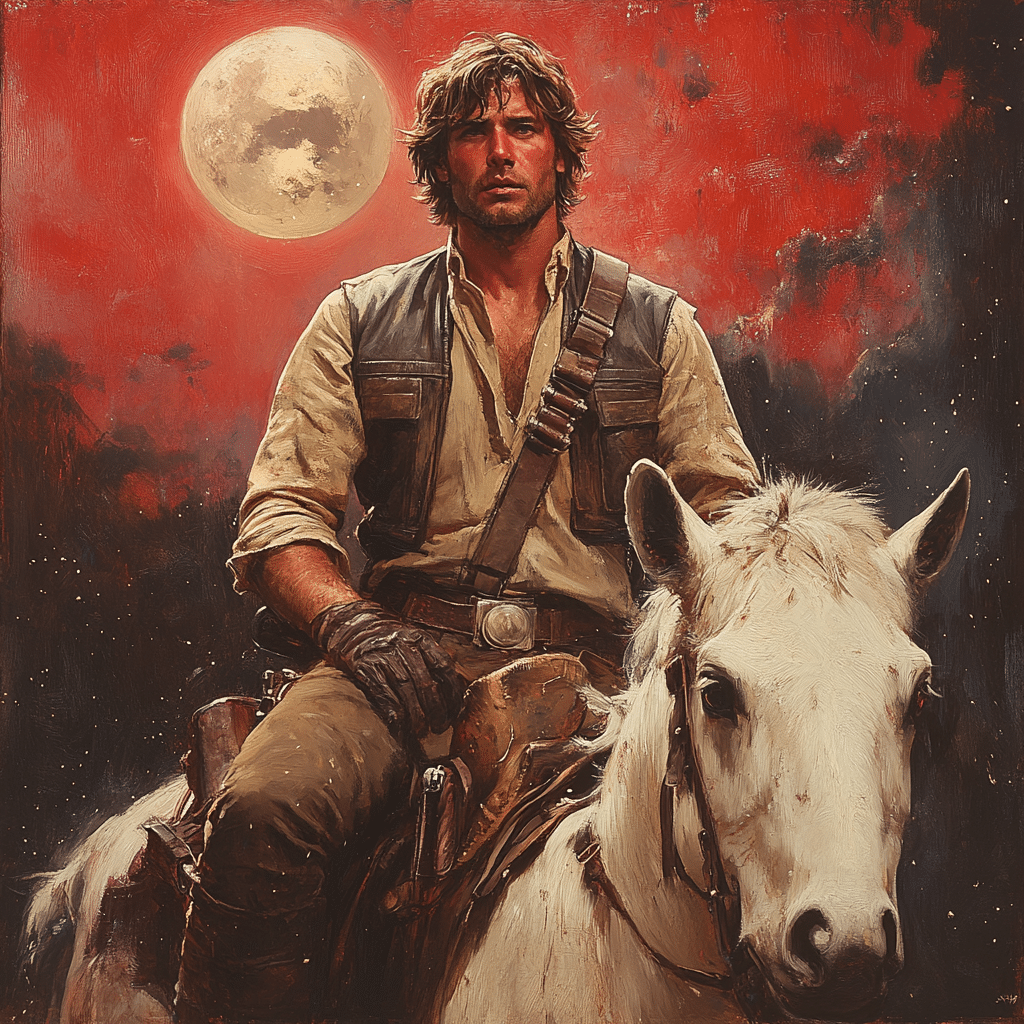
Why did Joe Don Baker leave Walking Tall?
Joe Don Baker stepped away from the role of Buford Pusser in the Walking Tall sequels out of respect for Pusser’s family, having forged a close friendship with them during the filming of the original movie.
Did Joe Don Baker play football?
Baker was a great athlete in high school, where he played linebacker, but he didn’t pursue football in college because he felt he wasn’t big enough or fast enough for the sport at that level.
What is Joe Don Baker famous for?
Baker’s career includes a range of memorable roles, like a mafia hitman in Charley Varrick, a tough detective in Mitchell, a legendary player in The Natural, and a police chief in the comedy Fletch, showcasing his versatility as both a lead and supporting actor.
Was Joe Don Baker ever on Bonanza?
Yes, Joe Don Baker appeared on Bonanza as Luke Harper in the 1968 TV episode titled “The Real People of Muddy Creek.”
How accurate was the first Walking Tall movie?
The first Walking Tall movie is based on real events, but like many films, it took creative liberties with the story for dramatic effect, which can affect its accuracy.
What town was Walking Tall filmed in?
Walking Tall was filmed in McNairy County, Tennessee, which serves as the backdrop for the events depicted in the story.
Did Joe Don Baker ever play on Gunsmoke?
Joe Don Baker did not guest star on Gunsmoke during his acting career, focusing instead on other prominent roles.
Who starred in the original version of Walking Tall?
Baker starred as Buford Pusser in the original 1973 film Walking Tall, a character based on a real-life sheriff.
Who did Joe Don Baker marry?
Joe Don Baker married boxer and actress, who also shared the name of his character from Bonanza, but specific details about that relationship aren’t widely documented.
What happened to Joe Don from Rascal Flatts?
There’s sometimes confusion about Joe Don Baker, but the member of Rascal Flatts you’re referring to isn’t the same person; they share a name but are in entirely different fields.
Who played Woody Stoner on Gunsmoke?
Woody Stoner on Gunsmoke was played by actor in the show, but it’s often overlooked given the show’s extensive cast over its long run.
What was the name of the character played by Joe Don Baker?
In the original Walking Tall, Joe Don Baker portrayed the character Buford Pusser, the determined and tough sheriff fighting against crime and corruption.
Who did Joe marry on Bonanza?
On Bonanza, Joe Don Baker’s character didn’t get married; instead, it showcased his unique story in the series’ context.
Why did Adam quit Bonanza?
Adam Cartwright, played by Pernell Roberts, left Bonanza primarily for creative reasons as he sought to pursue other opportunities in theater and television.
Who was the oldest on Bonanza?
The oldest member of the Cartwright family on Bonanza was the patriarch, Ben Cartwright, portrayed by Lorne Greene, known for his wisdom and leadership throughout the series.





